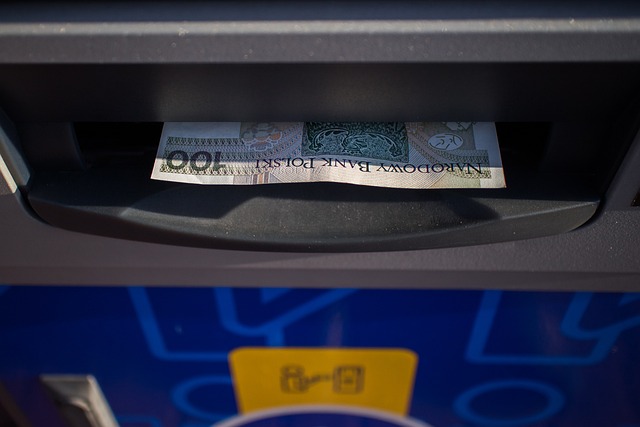Car title loan utility bill verification is a vital step to prevent fraud by confirming borrower identities and financial health through recent utility bills (no older than 3 months). This method provides third-party evidence, streamlines lending processes, and enhances security. Online platforms integrate this verification, simplifying applications and ensuring efficient loan requests. By verifying utility bills, lenders assess legitimacy, reduce fraud risk, and foster a trustworthy environment, protecting both lenders and borrowers from deception and debt traps.
In the dynamic landscape of car title loans, safeguarding against fraud is paramount for lenders and borrowers alike. Utility bill verification emerges as a robust tool in this regard, playing a pivotal role in mitigating risks associated with fraudulent transactions. This article delves into the intricacies of car title loan processes, exploring how utility bill verification prevents and detects potential fraud. By understanding these mechanisms, lenders can enhance security measures and foster trust within their lending ecosystems.
- Understanding Utility Bill Verification in Car Title Loans
- How Fraud Risks Arise in Title Loan Processes
- Implementing Verification to Mitigate and Detect Fraud
Understanding Utility Bill Verification in Car Title Loans

Utility Bill Verification plays a critical role in securing Car Title Loans, offering a robust defense against potential fraud. This process involves cross-referencing the borrower’s identity and financial information with recent utility bills to ensure they are legitimate and accurately reflect the borrower’s address and financial standing. By demanding recent utility bills—typically no older than 3 months—lenders can verify a borrower’s loan eligibility and mitigate risks associated with false or manipulated documents.
This method of verification is particularly effective as it provides tangible, third-party evidence supporting the borrower’s claims. Moreover, it streamlines the lending process by offering a quick and efficient way to confirm loan extension requests without requiring extensive additional documentation. Online Application platforms integrate this utility bill check, making it seamless for borrowers to supply the required proof during their initial application, thereby simplifying the overall car title loan experience while enhancing security measures against fraudulent activities.
How Fraud Risks Arise in Title Loan Processes

In the process of car title loan verification, fraud risks arise from multiple angles. Primarily, borrowers may provide false or altered documentation to secure a loan—a practice that becomes increasingly common in the absence of robust verification methods. These fraudulent documents can include manipulated utility bills, bank statements, and pay stubs, which aim to falsely portray the borrower’s financial stability and income. Such deceptions are particularly attractive for individuals seeking quick funding due to urgent financial needs or desperate circumstances, often leading them to overlook the long-term implications of a payment plan that may be less favorable than advertised.
Moreover, loan terms themselves can introduce risks. Shortened repayment periods, hidden fees, and unpredictable interest rates can push borrowers into a cycle of debt. In such situations, car title loans become not a solution but an additional financial burden, further complicating the borrower’s ability to repay. Car title loan utility bill verification serves as a critical shield against these risks by ensuring that both parties—lender and borrower—are operating on accurate, verifiable information.
Implementing Verification to Mitigate and Detect Fraud

Implementing Car Title Loan Utility Bill Verification is a robust strategy to mitigate and detect potential fraud risks associated with loan applications. By verifying a borrower’s utility bills, lenders gain invaluable insights into an applicant’s financial health and living situation. This process ensures that the individual seeking emergency funding or a loan extension truly owns the property being used as collateral and occupies the address stated.
Through automated systems, lenders can cross-verify details on the utility bill with public records, reducing the likelihood of fraudulent applications. This method helps combat situations where individuals may provide false information to secure lower interest rates. By integrating car title loan utility bill verification into their procedures, financial institutions can make more informed decisions, safeguard against fraud, and maintain a trustworthy lending environment.
Car title loan utilities bill verification is a powerful tool in combating fraud risks within the title loan process. By implementing this verification step, lenders can ensure accurate information, reduce fraudulent activities, and protect both borrowers and their assets. It’s a simple yet effective method that safeguards the integrity of car title loans, ensuring a safer and more secure borrowing experience for all involved parties.






